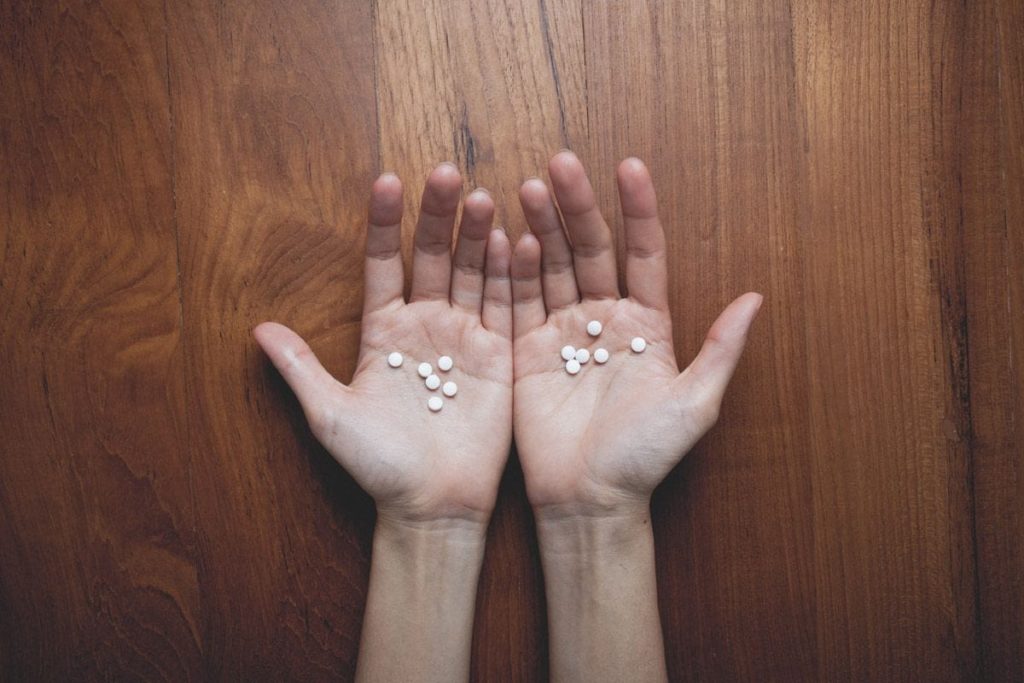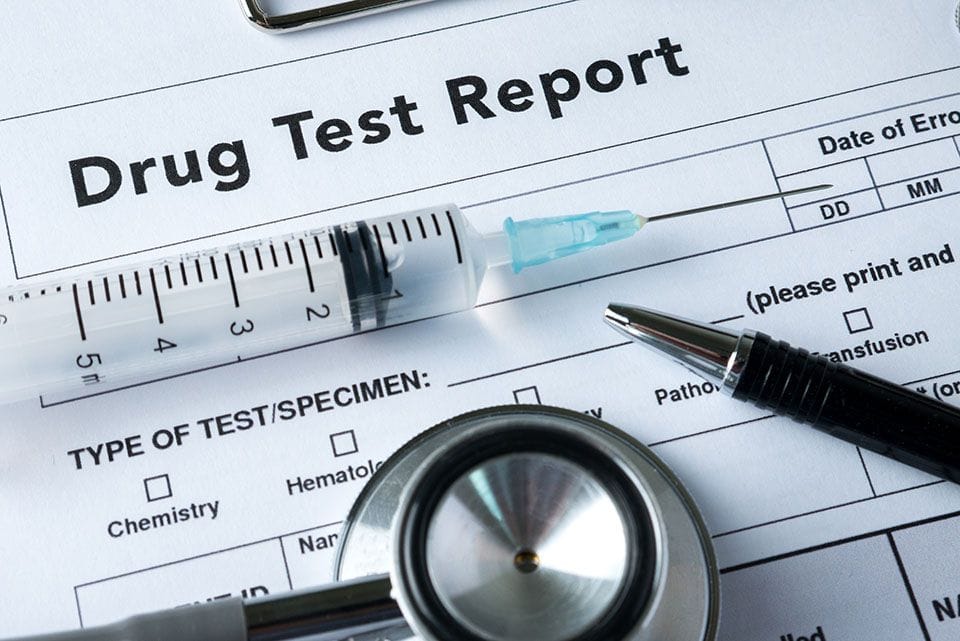Impulsivity is a formal term for impulsive behavior. While almost everyone acts impulsively some of the time, people with a high degree of impulsivity routinely act in this manner. One of the known problems in highly impulsive individuals is an increased chance of developing diagnosable symptoms of addiction or non-addicted substance abuse. A brief rundown will help explain this risk.
Impulsivity Essentials
There is no completely agreed-upon impulsivity meaning. However, behavioral researchers generally agree that unusually impulsive people have a below-average ability to do such things as:
- Consider the consequences of their actions beforehand
- Avoid reacting spontaneously to external situations and internal emotional states, and
- Modify their future behavior after experiencing negative personal, social or professional outcomes of past behavior
The part of the brain responsible for impulse control is one of the last areas to complete the normal development process. In fact, this region doesn’t typically reach its fully mature state until you reach your early to mid-20s. Generally speaking, young people grow less and less impulsive as they approach this age. However, for a number of reasons, some individuals don’t experience this age-related change in their behavior.
Impact on Addiction Risks
Whichever specific impulsivity meaning is in use, researchers and mental health experts agree that unusually impulsive behavior boosts the risks for a number of significant issues, including substance abuse and substance addiction. There are a couple of explanations for this fact. First, someone who is not particularly impulsive has a fairly decent chance of accurately weighing the momentary pleasure provided by drugs and alcohol against the well-documented dangers of excessive substance intake. However, an impulsive person who habitually acts without thinking will frequently fail to make the same assessment. This means that that person generally has higher odds of taking short-term pleasure more seriously than addiction risks. The second factor is what happens to your behavior while under the influence of drugs or alcohol. Alcohol and other substances of abuse impair your ability to think logically, use sound judgment and control your behavior. In other words, they make you more impulsive. If you’re frequently influenced by this substance-based impulsivity, you can easily fall into a pattern of excessive intake that makes addiction a strong possibility. Resources International Society for Research on Impulsivity: What Is Impulsivity? https://www.impulsivity.org/Pharmacology, Biochemistry and Behavior: Impulsivity, Frontal Lobes and Risk for Addiction https://www.ncbi.nlm.nih.gov/pmc/articles/PMC2730661/



